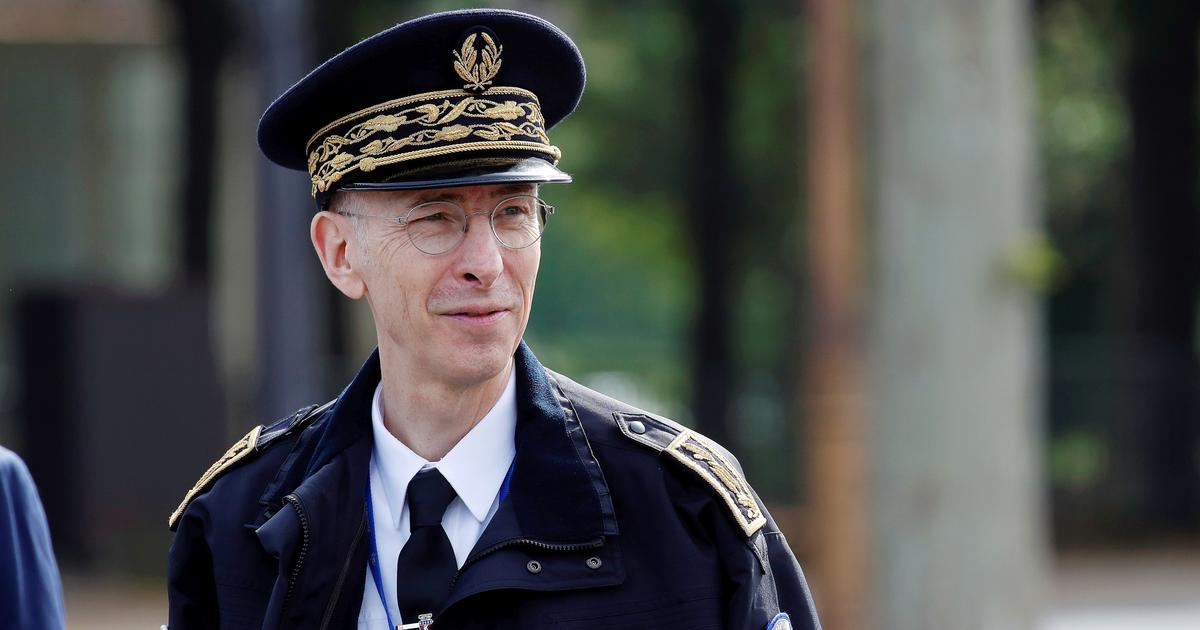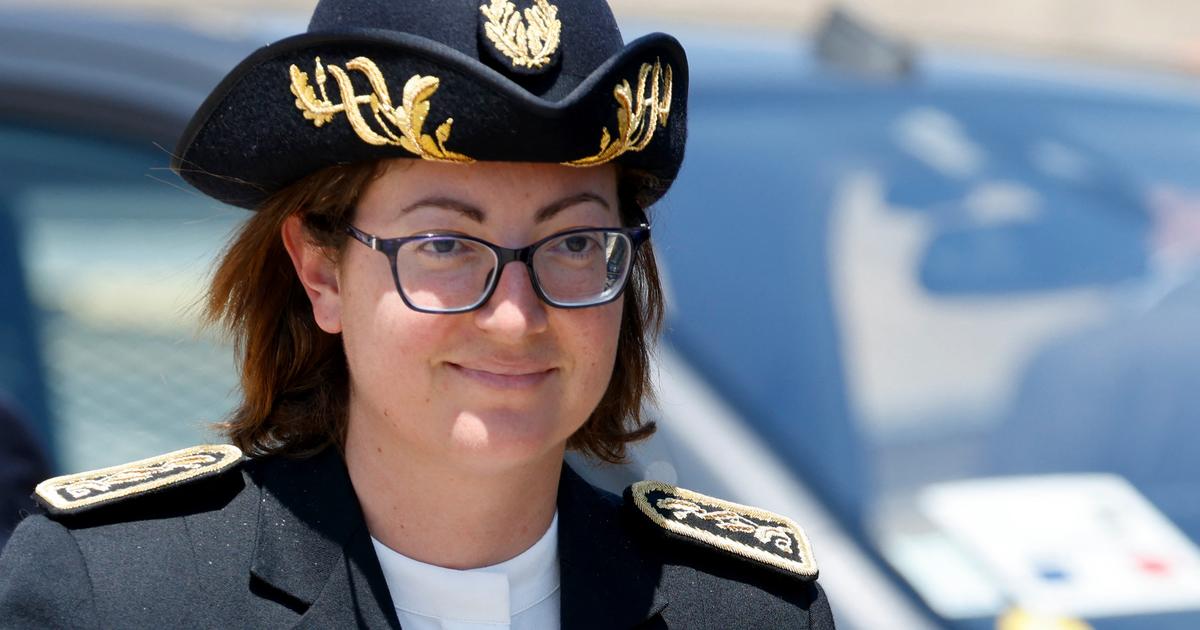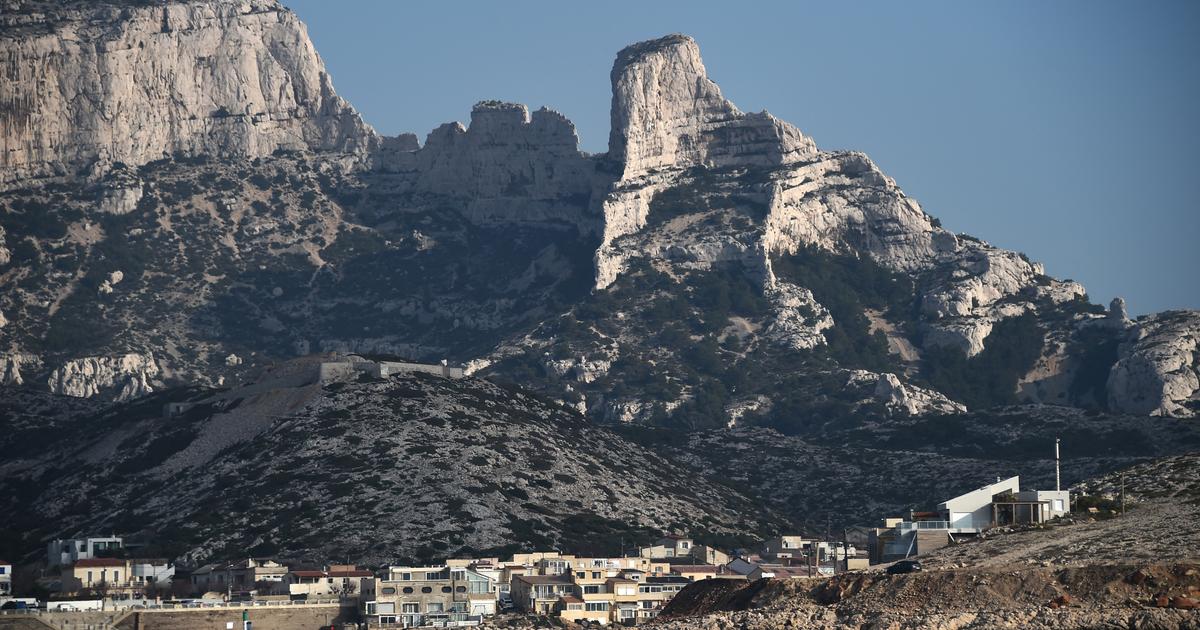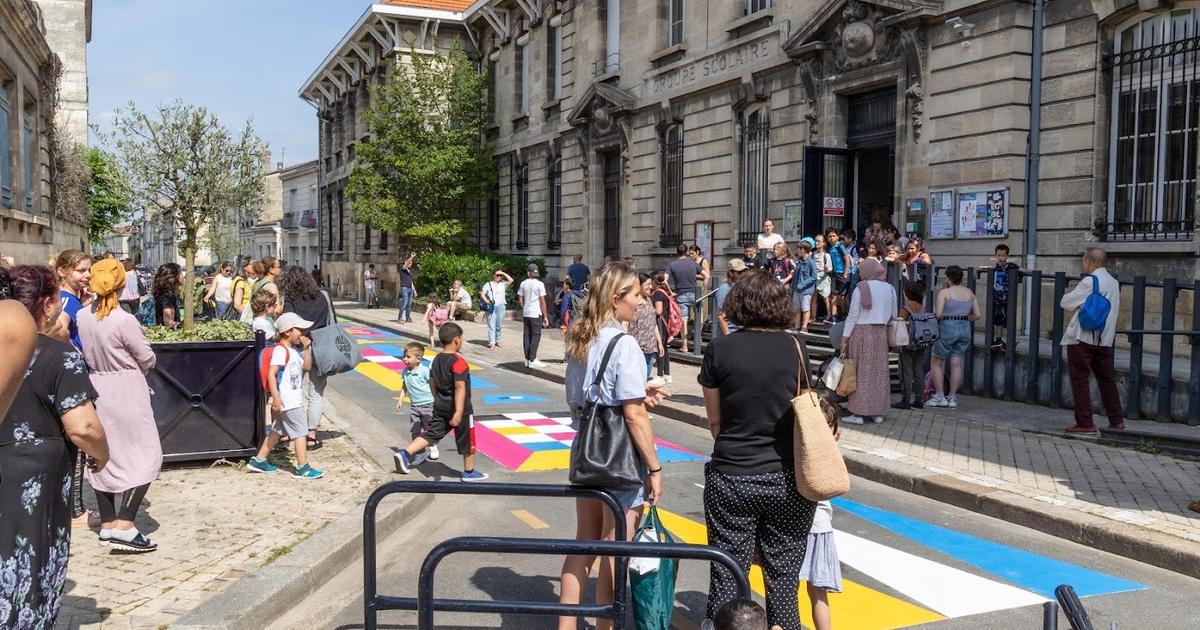Fabien Jobard is a doctor in political science and director of research at the CNRS, specializing in law enforcement issues.
FIGAROVOX. - On Wednesday July 20, Laurent Nunez took over from Didier Lallement as Paris police prefect. What was the guideline or the doctrine of his three years in office? Can we see a change in the management of law enforcement by the police headquarters?
Fabien JOBARD. -
I'm not completely convinced.
The communication that was put in place around the installation of Didier Lallement at the end of the demonstration in March 2019, during which the fire at Fouquet's took place, suggested that Didier Lallement was taking over the maintenance of the order that would henceforth prove as firm as necessary.
This firmness would respond to a predecessor, Mr. Delpuech, considered too flowing, too relaxed in the face of the demonstrators.
However, the reality is a little different.
Two examples.
The first concerns the use of LBDs.
LBDs were massively used in Paris, starting in November 2018. Most of the LBD shootings in Paris took place before Didier Lallement.
He had even expressed himself with reservations about their use in demonstrations.
The second example is the famous Motorized Violent Action Repression Brigades (BRAV-M), which in reality had been set up, again, by Didier Lallement's predecessor, in the form of rapid action detachments .
In reality, the March 2019 protest was a total failure of political communication, especially on the part of then-Minister of the Interior, Christophe Castaner.
The latter had spent the day in the command room, which is already quite surprising, and had decided, in view of the images of the Champs-Élysées that he was receiving where the situation seemed to be calming down, to go and make a statement to the press on the Champs during the events.
So he made a statement to explain that everything was fine.
The additional police forces to ensure his safety freed the bottom of the Champs and the avenue George-V: this is where Fouquet's went on fire.
Didier Lallement had a particularly martial and offensive style of personal communication.
He had returned to a staging of the prefects of police which was that of the years prior to the Second World War.
Fabien Jobard
This event was a total failure of political communication and political management of policing.
In order not to appear overwhelmed by events, the President of the Republic appointed Didier Lallement by building the story that the maintenance of order had been too flexible since the beginning of the crisis of "yellow vests" in Paris.
But it's a political narrative that has little to do with the reality of the techniques, tactics, means and manpower that were used in policing before and after Didier Lallement.
In addition, Didier Lallement had a particularly martial and offensive style of personal communication.
On the contrary, his predecessor, Mr. Delpuech, had everything of a State Councillor, he was very much in keeping with the idea that we have of police prefects today, that is to say people who run an administration and which are discreet.
Didier Lallement, he returned to a staging of the prefects of police which was that of the years prior to the Second World War.
At the time, the prefects of police were very present on the media scene.
They made the headlines, the wife of the prefect of police gave cooking advice.
There was real personalization.
In addition, this personalization was very martial, with Didier Lallement crossing Place de la Nation with a sure step, in uniform and declaring to a demonstrator that she is not on his side.
However, despite these martial phrases and this personalization, the doctrine, manpower and equipment of the maintenance of order have not undergone a revolution.
The hardship of policing in Paris begins in November-December 2018. We can remember the radio communications from the command room intended for the troops on the ground in Paris which had been revealed by
Le Monde.
We heard the direction of public order and traffic say to the men on the ground: "
Go into them, hit them, it will deter the others
".
This takes place under Delpuech.
A political narrative has been put in place to mask a complete failure of relations between the police and political personnel at the time of the "yellow vests".
On the ground then, there were no changes, simply a long-term registration of what had been done before.
The "yellow vests" have led to a precipitation in the maintenance of order: force has been favored and recourse to weapons that are not made for the maintenance of order.
Fabien Jobard
From a political point of view, Didier Lallement was therefore a kind of lightning rod for the government in these stormy years?
Yes exactly.
And very precisely, he was a sort of lightning rod, particularly in the face of the very fragile and very insecure political management by the Minister of the Interior.
It was still months during which the minister, the holder, the Minister of the Interior, was not up to the events.
Didier Lallement focused the attention of the press, focused the attention of the “black blocks” and of all his adversaries.
All of this made one forget the fact that policing had a turning point in December 2018, and things were very largely in place when he arrived.
Finally, beyond perhaps the person of Didier Lallement, the
"
yellow vests
"
constituted a break in the policy of maintaining order?
Yes of course.
The "yellow vests" is first of all a break in itself: it is a movement that arises and that no one really saw coming.
It was a mass movement, both in the provinces and in Paris, both on roundabouts for occupations and in city centers for demonstrations.
This has led to a precipitation in the maintenance of order: a dynamic where force has been privileged, recourse to weapons which are not made for the maintenance of order such as LBDs, we have sought, and the prefect Delpuech the first, all the police force to go put them on the ground.
It is true that Didier Lallement was maneuvering in Bordeaux at that time, where the demonstrations had been managed very violently.
But he was not alone in Bordeaux, the police chief in Bordeaux at the time was in favor of a strong line.
Finally, Didier Lallement, surfed on the historic event that was the "yellow vests" and on the transformation, the radicalization, the brutalization of the maintenance of order.
Those who criticize him do not understand that he has reached the end of the fifth month of the demonstrations.
He added small touches of personal communication and thus crystallized on his person, and in a completely disproportionate way it seems to me, an attention which should have been devoted to the basic transformations of the maintenance of order and to the transformations of the manifestations themselves.
Didier Lallement was a sort of
showman
of his time when it came to the police.
It was very practical for the rulers, especially for the Minister of the Interior, Christophe Castaner, who only needed one thing: that we look elsewhere to free ourselves from media pressure.
He contributed a lot to the fact that, in Paris and in the three departments which surround the capital, the forces of the prefect of police are autonomous.
Fabien Jobard
What to remember from these three years?
Didier Lallement fixed in the long term, the doctrine according to which, in Paris, it is not the CRS, it is not the mobile gendarmes, it is the prefect first with his own troops.
Second point, he was a political relay for opposition to Anne Hidalgo, the mayor of Paris, in particular on the management of crack and its disturbances to public order on which there has never been the slightest research consensus between City Hall on one side (Council of Paris) and police headquarters.
In this sense, he has greatly politicized the role of police chief.
Third element.
He repersonalized a function, which since the Second World War, was no longer.
And, fourth aspect, he protected his troops enormously: the police forces of Paris.
For example, there was the case of the CSI 93 (Security and Intervention Companies of 93).
Police officers, thanks to a video surveillance camera, were caught trying to put "barrettes of hash" in the pocket of a dealer.
He had declared that he wanted to dissolve this company and he never dissolved it.
Ultimately
, he contributed a lot to the fact that, in Paris and in the three departments surrounding the capital, the forces of the prefect of police are autonomous.
Originally, its mission was to integrate the police prefecture into the Ministry of the Interior and it is exactly the opposite that it has done.
This will have lasting consequences for our institutions.
There are therefore three police forces in France: the gendarmerie, the national police and the police of the prefect of police, in complete autonomy.
The latter takes care of 75, 92, 93 and 94 and all security personnel on the Ile-de-France rail networks.
No police chief in Europe has as many staff available over such a large area and especially with such a large population.









